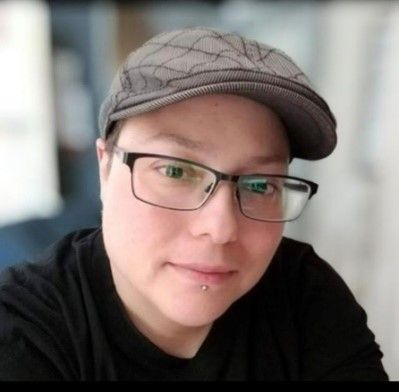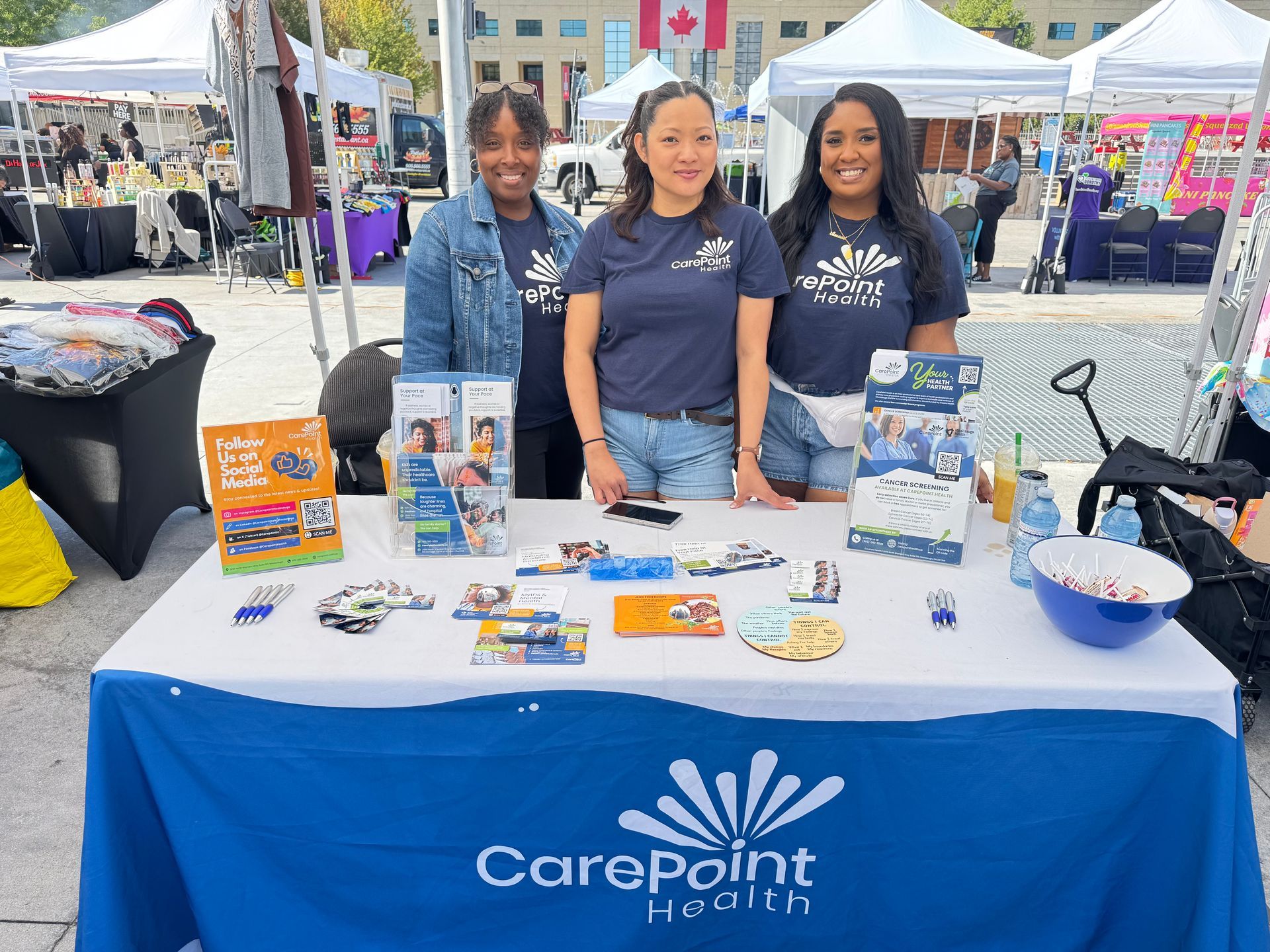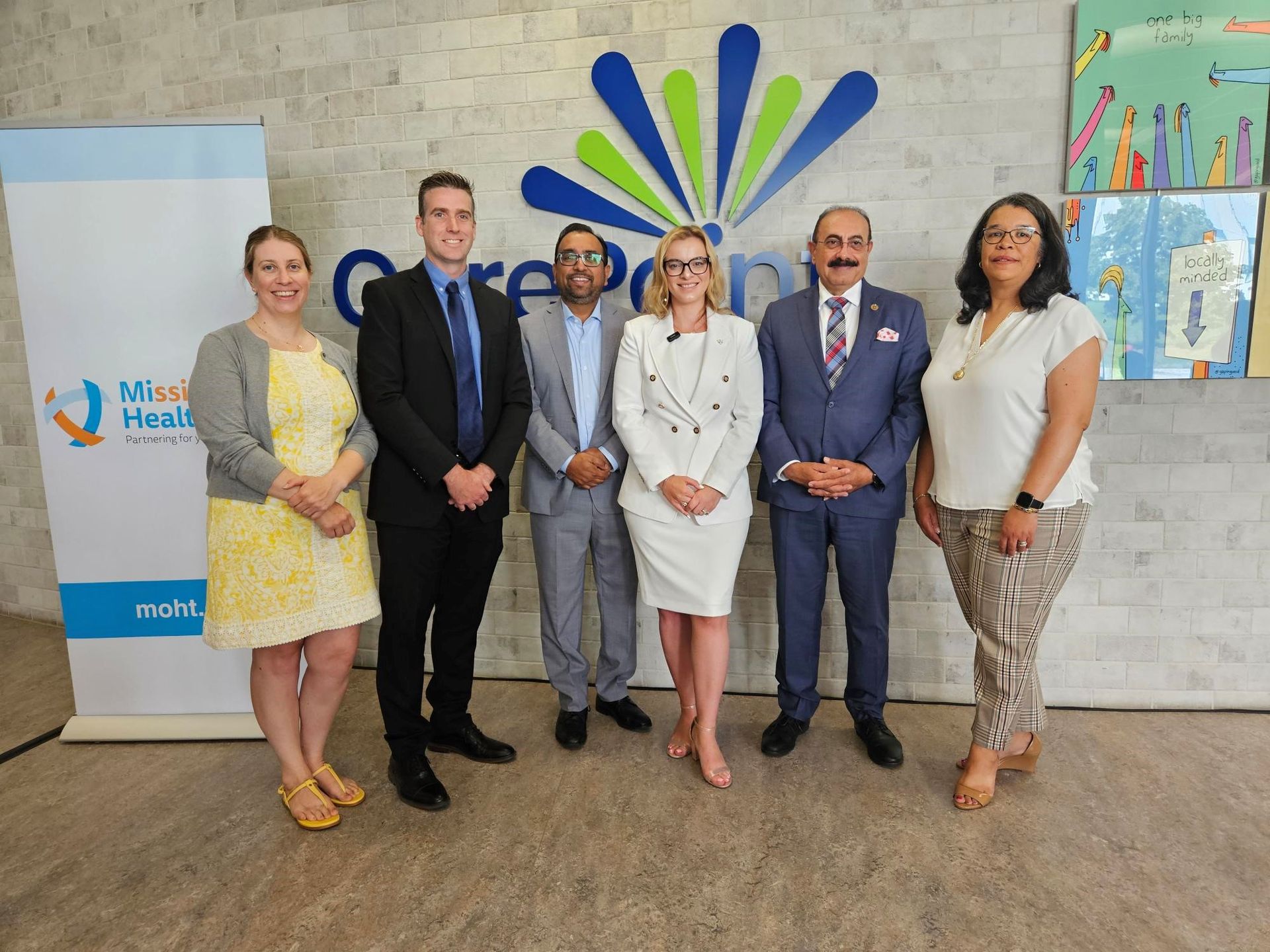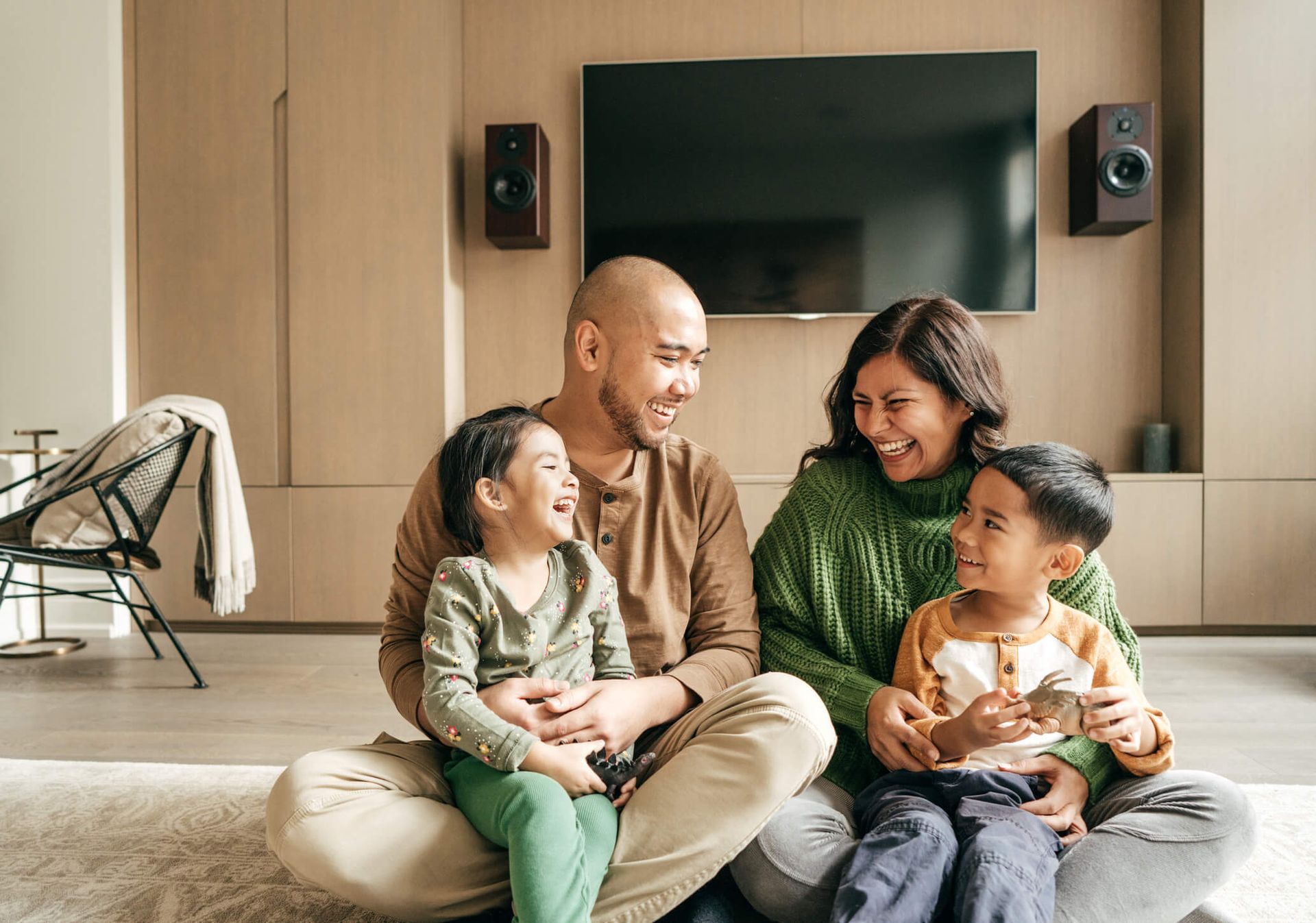National Indigenous Peoples Day
As an organization committed to removing barriers to healthcare and making access more equitable and culturally appropriate, CarePoint Health recently hired Karry Anne Daye, Kanien’kéha (Mohawk), as Indigenous Lead, to support a new Indigenous pathway for the OSP program.
In honour of Indigenous History Month and Indigenous Peoples Day (June 21), we spoke with Karry Anne about her role and the significance of this month.

Q: Why is Indigenous History Month important, and how can people expand their understanding?
A: Shé:kon (hello)! I'm Karry Anne Daye (she/they). I'm 2Spirit, of Mohawk/French ancestry, from Akwesasne First Nation. Indigenous History Month is important as it provides an opportunity to learn about the historical and contemporary issues impacting Indigenous people in Canada, particularly as a means of understanding and addressing harm. It is a wonderful time to explore the beauty of First Nations, Métis, and Inuit cultures (for example, by attending regional pow wows). It's also important to reflect upon the needs of Indigenous people. Since this marks the 10th anniversary of the Truth and Reconciliation Commission (TRC) of Canada's 94 Calls to Action, there are specific actionable items that pertain to healthcare. I encourage people to read the TRC recommendations, reflect on them, and take action where they can.
Q: What experiences in previous roles will help guide this work?
A: As a status First Nation member and registered social worker, I have recently joined CarePoint Health as the OSP Indigenous Lead. In my 27 years of experience, I've worked alongside urban Indigenous folx in the London/GTHA area. Working with those in post-secondary schools or those impacted by homelessness or concurrent disorders, I offered culturally grounded, wholistic support from an Indigenous lens. Having both lived and professional experience as a critical social worker highlights the importance of creating spaces for equitable access for marginalized communities to navigate colonial systems, such as healthcare, that have historically been traumatic spaces to navigate.
Q: What do you hope to accomplish in your new role?
A: Within this role, I hope to listen to the needs of the Indigenous community, advocate for actionable change, and increase internal capacity, thereby creating culturally safe care that enables Indigenous people to attend to their mental health and wellbeing.
Q: Why is it important to have conversations around health access, culturally appropriate care, and barriers to access?
A: It is important to have these conversations, as healthcare has been incredibly harmful for Indigenous people. Increasing understanding, awareness, and willingness to provide care in ways that Indigenous people need is essential in efforts to reduce harm.
Explore our blog

Community
Description text for category if needed?

News & Updates
Description text for category if needed?

Health & Wellness
Description text for category if needed?

